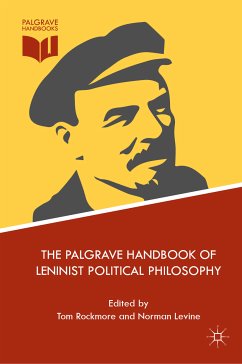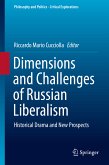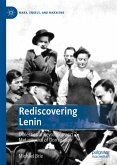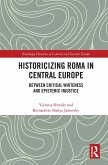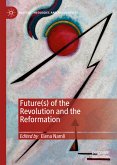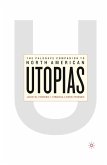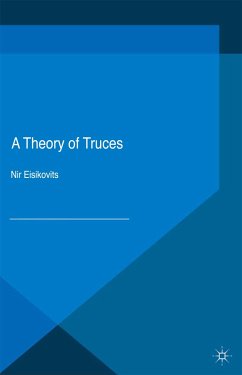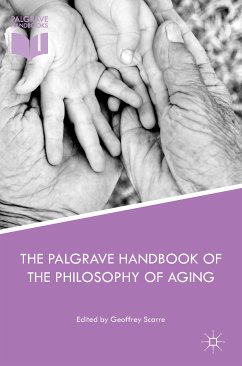Key Features:
· Places particular emphasis on the key elements of Lenin's thought - the dictatorship of the proletariat (which is trenchantly defended), the nature of the dialectic and the New Economic Policy
· Additional comprehensive coverage includes the theory of the party, Bolshevism, imperialism, and the class struggle in the countryside
· Examines the relation of Lenin's thought to the ideas of his most influential contemporaries (including Luxemburg, Stalin and Trotsky) as well as the most eminent thinker to interpret Lenin since his death - György Lukács
This Handbook is essential reading for scholars, researchers and advanced students in political philosophy, political theory, the history of political ideas, economics, international relations and world history. It is also ideal for the general reader who wishes to understand some of the most powerful ideas that have shaped the modern world and that may yet shake the worldagain.
Dieser Download kann aus rechtlichen Gründen nur mit Rechnungsadresse in A, B, BG, CY, CZ, D, DK, EW, E, FIN, F, GR, HR, H, IRL, I, LT, L, LR, M, NL, PL, P, R, S, SLO, SK ausgeliefert werden.

